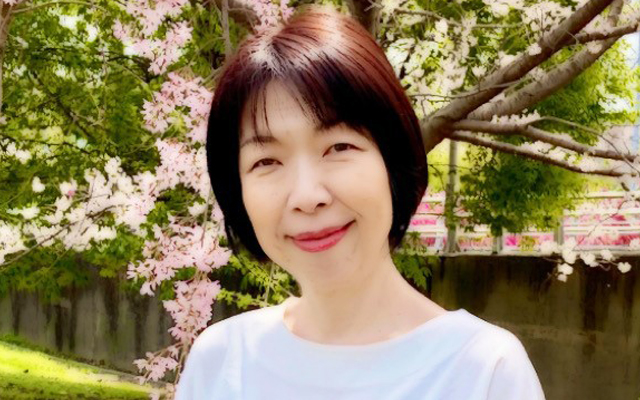Mariko Tatsumi, the new executive director of the Japan Convention Bureau (JCB), wants to build a collaborative nationwide business events network, and push lesser-known convention cities into the limelight

Congratulations on your appointment as executive director. You have had a long career promoting Japan at the Japan National Tourism Organization (JNTO). How do you feel about landing this new role?
My past experiences and network in both the MICE and leisure travel industries are invaluable in keeping up with the latest trends in the MICE sector. At the same time, I am excited about the new experiences and opportunities to meet new people.
How are you planning to advance Japan’s MICE sector? Is there a strategic plan to shape the role of JCB for the next few years?
To attract more international association events to Japan, building “Team Japan” is of utmost importance.
First, we need to motivate and engage more Japanese organisers in hosting events. We have been developing the MICE Ambassador Program for over a decade to strengthen our approach to organisers. Now, we will enhance our network with Japanese universities to collaborate not only with individual ambassadors but also with their organisations. Additionally, we aim to invite local convention bureaus and MICE-related businesses to join this network, creating a Team Japan structure that includes industry, government, and academia.
Japan has a proven track record of hosting international business events. According to the recently released International Convention and Congress Association Country and City Rankings for 2023, Japan is ranked seventh in the world and topped the list in the Asia-Pacific region.
Japan’s strength lies in its diverse range of local cities that host international conferences. We hope to maintain our position in the future by implementing the initiatives mentioned above.
What does JCB observe as most critical for event organisers considering Japan for their upcoming events?
According to our survey conducted after the pandemic, many event planners had difficulty finding updated information to restart their business with Japan.
We are addressing this by creating opportunities for event planners to meet Japanese suppliers through trade marts and explore local convention cities with fam trips. In Asia, we are hosting roadshows in seven cities this year: Bangkok, Ho Chi Minh City, Kuala Lumpur, Manila, Seoul, Singapore, and Taipei.
Competition continues to intensify in the business events sector. How will Japan stand out?
Japan has a team of MICE professionals that offers reliable and stress-free services to handle any unexpected issues, allowing event organisers to hold successful business events with peace of mind.
Our beautiful nature, rich culture, and wonderful cuisine, are strong selling points, motivating people to participate in events in Japan. I am pleased to share that Japan welcomed over 10 million guests from overseas between January and April 2024, which is 105.7 per cent compared to the pre-pandemic level in 2019.
While inflation rates have been rising in many countries, prices in Japan have remained relatively stable. The depreciation of the Japanese yen also enhances our global price competitiveness.
What are several business events trends you see in the market, and how is Japan tapping on them?
Sustainability is now an essential part of Japan’s MICE industry. For example, Japan actively promotes local production for local consumption. We encourage event participants to experience local products or cuisine and learn about the unique culture of the host city.
Another example is our green transport network, including the bullet train (shinkansen), which stretches from Hokkaido in the north to Kyushu in the south. This network makes holding events in local cities easier and more sustainable. For more information on our sustainable event initiatives, you can download our e-book from our website.
Building a legacy is an important theme for MICE events. The Adventure Travel World Summit, held in Sapporo, Hokkaido’s capital city, last year, is a prime example. Nearly 800 delegates from 64 countries in the adventure travel industry attended the summit. The organiser collaborated with Hokkaido, their partners, and JNTO to arrange pre-summit tours and excursions, allowing delegates to explore adventure travel-related activities around Sapporo and other areas in Japan.
What are some challenges you foresee over the next few months in achieving JCB’s goals?
It is essential to strengthen global awareness of Japan as an ideal MICE destination. Japan has more than 50 international convention cities capable of providing superior services. However, many event organisers are unaware of these cities. We will focus on promoting lesser-known convention cities and highlighting their hidden gems.





















